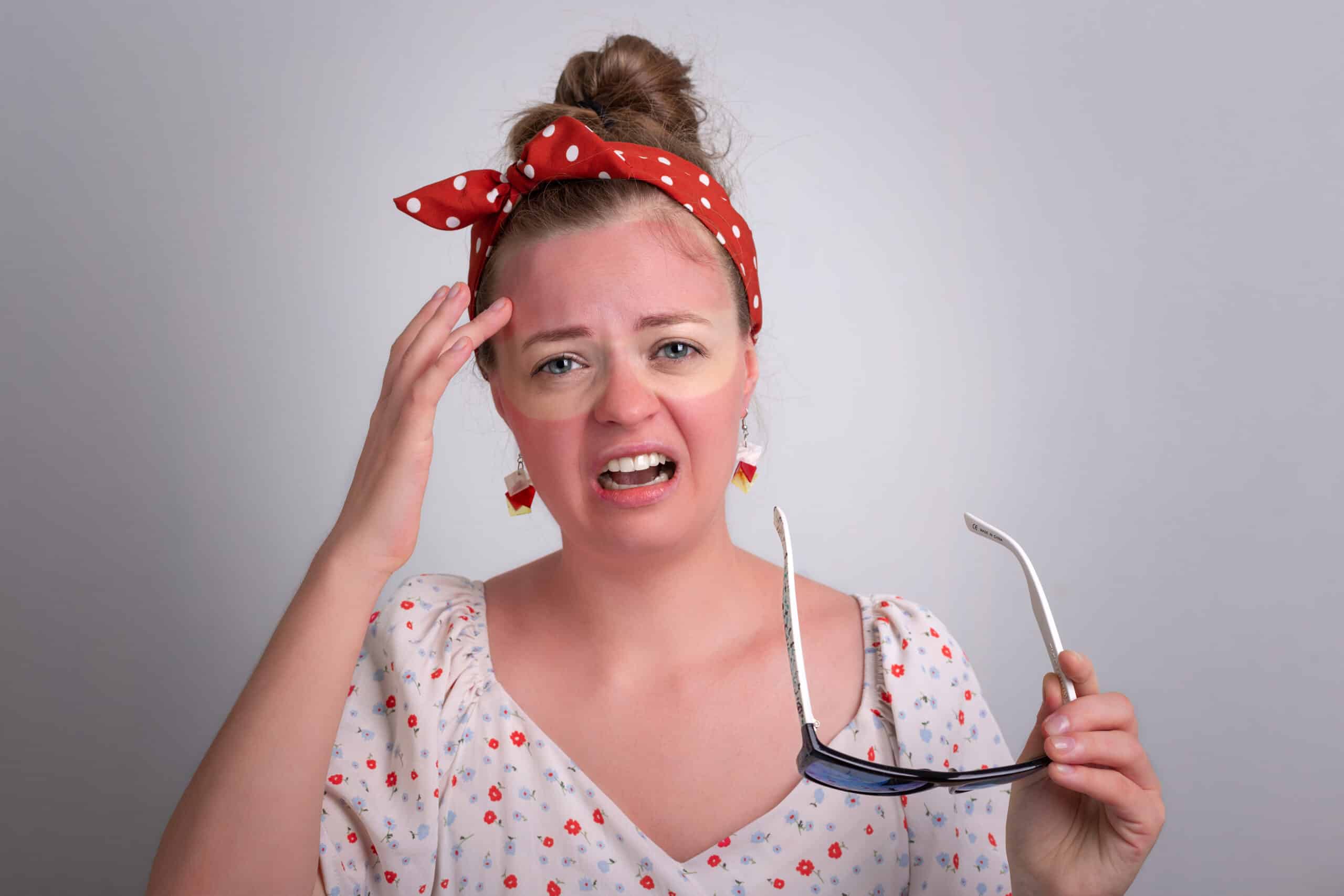What is Sun Poisoning? Causes, Symptoms and Sun Poisoning Treatments

Sun poisoning, also known as severe sunburn, is a condition that occurs when the skin is exposed to intense ultraviolet (UV) radiation from the sun. In this guide, we will explore what sun poisoning is, its symptoms, treatment options, and most importantly, when to seek for medical assistance. By understanding the causes and taking necessary precautions, you can ensure the well-being of your skin and enjoy the sun safely.
What is Sun Poisoning?
Sun poisoning, also referred to as severe sunburn or sun allergy, is an extreme form of sunburn that goes beyond the typical redness and discomfort associated with sun exposure. It occurs when the skin is exposed to prolonged and intense UV radiation, particularly during peak sun hours. Sun poisoning can affect individuals of all skin types, regardless of their previous sunburn history.
Symptoms of Sun Poisoning
Recognizing the sun poisoning symptoms is crucial for timely intervention and proper management. While some symptoms overlap with those of sunburn, sun poisoning can manifest in more severe ways. Common symptoms of sun poisoning include:
- Extreme redness of the skin
- Blisters
- Flu-like symptoms such as fever, chills, or nausea
- Rash
- Skin peeling
- Pain in areas exposed to the sun’s UV rays
It’s important to note that sunburn symptoms may appear within a few hours of sun exposure, but in some cases, they may be delayed and not manifest until a day later or longer.
What Causes Sun Poisoning?
Sunburn occurs when the skin is exposed to the sun’s UV rays for a prolonged period and it can happen with or without the use of sunscreen or other protective measures. Both UVA and UVB rays can cause sunburn, but UVB rays specifically damage the DNA in skin cells and when the body tries to repair this DNA damage, it releases inflammatory markers, resulting in a painful and red sunburn. Something to note is that artificial UV rays from tanning beds can also contribute to sunburn.
Certain factors can increase the risk of developing severe sunburns and sun poisoning. These risk factors include:
- Time of day: The sun’s rays are strongest between 10 am and 4 pm.
- Ozone depletion: Areas with thinner ozone layers have increased UV radiation exposure.
- High altitudes: Increased elevation leads to higher UV exposure.
- Weather conditions: Clear skies and sunny weather intensify UV radiation.
- Sun lamps and tanning beds: Artificial sources of UV radiation can cause sunburns.
- Outdoor exercise: Engaging in physical activities outdoors without protection puts you at risk.
- Light skin: Fair-skinned individuals are more susceptible to sunburns.
- Certain medications: Some medications or creams/skin oils can make the skin more sensitive to UV rays.
How Long Does Sun Poisoning Last?
The duration of sun poisoning can vary depending on the severity of the burn and individual factors. Mild cases of sun poisoning may resolve within a few days, while more severe cases can take up to a week or longer to heal completely. However, it’s important to note that sunburn and sun poisoning can increase the risk of long-term skin damage and skin cancer, so taking preventive measures and seeking medical attention when necessary is crucial.
Sun Poisoning Treatment: All You Need to Know
When experiencing sun poisoning, it’s essential to take immediate steps to alleviate sunburn symptoms and promote healing. Here are some effective treatments for sun poisoning:
1. Cool Compresses and Showers
Applying cool, damp compresses or taking cool showers can provide immediate relief for sunburned skin. The cool temperature helps soothe the affected area, reduce inflammation, and alleviate pain, but keep in mind that you must be gentle when patting dry after showering to avoid further irritation.
2. Hydration
Drinking plenty of water is essential to stay hydrated and aid in the healing process. Sunburn and sun poisoning can dehydrate the body, so replenishing fluids is crucial. Aim to drink at least eight glasses of water per day, and increase your intake if you’re spending extended periods in the sun.
3. Moisturize
Applying a gentle, fragrance-free moisturizer can help soothe the skin, prevent dryness, and promote healing. Look for moisturizers containing ingredients like aloe vera or hyaluronic acid, which have soothing and hydrating properties.
4. Over-the-Counter Pain Relief
If you’re experiencing discomfort or pain from sunburn or sun poisoning, over-the-counter pain relievers like ibuprofen or acetaminophen can help alleviate symptoms. Follow the recommended dosage instructions and consult a healthcare professional if you have any concerns or underlying health conditions.
5. Sunburn Relief Lotions and Gels
Over-the-counter sunburn relief lotions and gels containing ingredients like aloe vera or hydrocortisone can provide additional relief and reduce inflammation. These products can be applied directly to the affected area following the manufacturer’s instructions.
When to See a Doctor for Sun Poisoning?
While most cases of sunburn can be managed with a sun poisoning treatment at home, there are instances where medical assistance is necessary. It’s important to seek medical help at AllCare for sun poisoning if you experience any of the following:
- Pain, blistering, or swelling
- Worsening or persistent symptoms despite home remedies
- Symptoms such as fever, chills, headache, nausea, or vomiting
If you have any concerns or doubts about the severity of your sunburn or sun poisoning, it’s always best to consult a healthcare professional. They can provide a proper evaluation, offer appropriate treatment, or direct you to the ER if necessary.
Sun Poisoning Treatment at AllCare Walk-in Clinics
Sun poisoning, or severe sunburn, is a condition that can cause significant discomfort and potential long-term damage to the skin. Remember, if you experience symptoms or have concerns about sun poisoning, don’t hesitate to seek medical assistance. Our experienced primary care doctors dedicated to taking care of immediate care needs are ready to provide you with the latest and most effective care to overcome sun poisoning. Schedule an appointment at AllCare today!